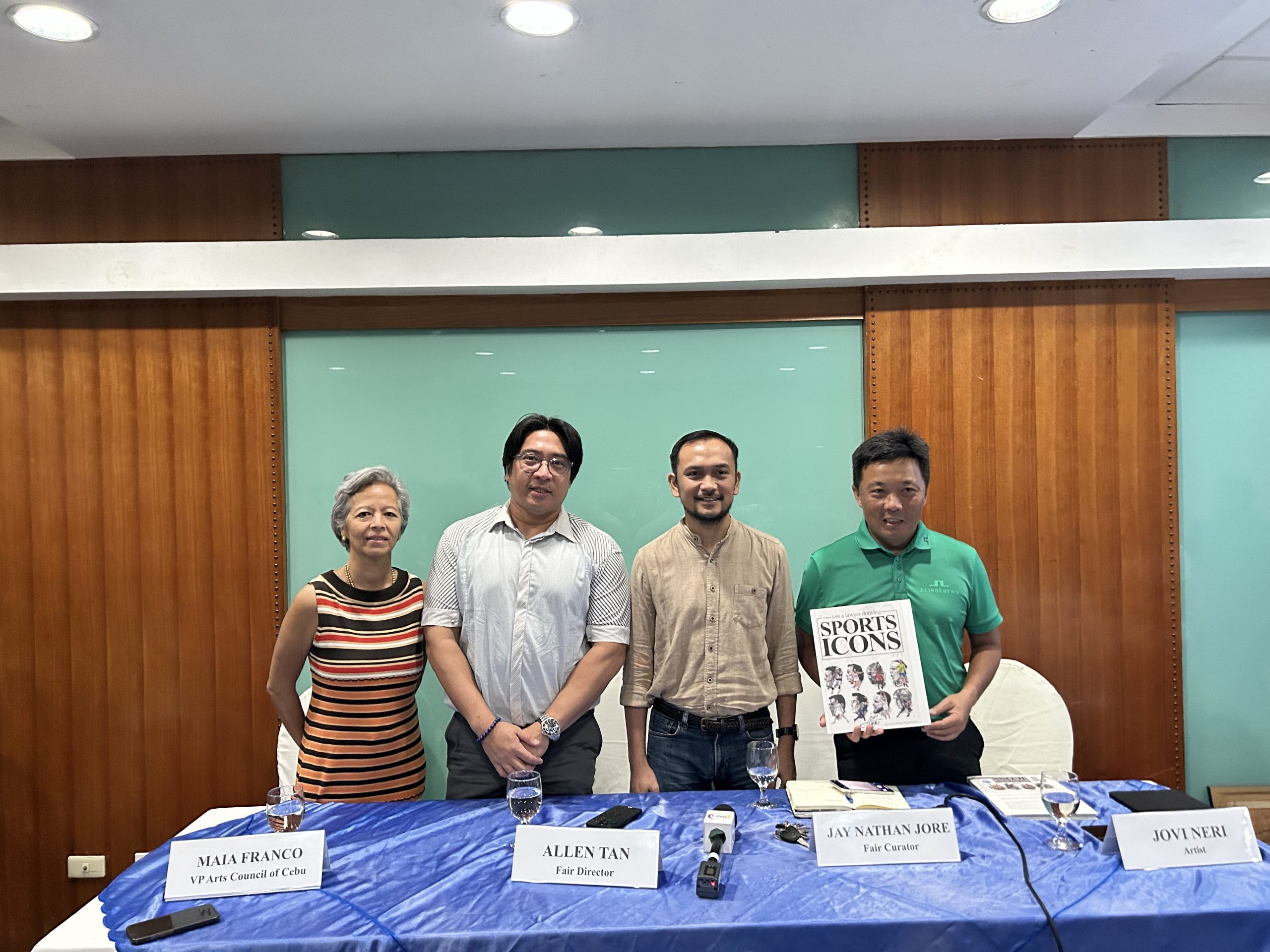Trigger Warning: This article contains sensitive topics such as abuse, sexual harassment, and rape.
The number of COVID-19 cases isn’t the only statistic trying to reach new heights this year. It seems as though we already had darker issues brewing right under our noses. According to the World Data Atlas, the rape percentages in the Philippines have been growing at an average annual rate of 19.08% since 2014.
Let that sink in for a moment and imagine the predicament that we were and are still in. This means victims were — and are — forced to be locked down with their abusers and having to deal with them 24/7. Some of you may think of suggestions that are along the lines of “Why can’t they just leave?” or “Why don’t they report these incidents to police?” Well, if it were that straightforward we wouldn’t be having this problem now, would we?
The Equal Employment Opportunity Commission (EEOC) stated that only one out of four people who’ve experienced sexual harassment report to authorities. The rest of these victims “avoid the harasser, deny or downplay the gravity of the situation, or attempt to ignore, forget, or endure the behavior.” Unfortunately, it’s also a very common occurrence for victims to blame themselves for the horrific crime that’s been done to them. Shame plays a big factor in these situations.
“I Don’t Want to Remember.”
As a victim of sexual harassment that almost resulted in rape, I can honestly say that I’ve never even talked about the situation or the abuser at all, nor do I want to start talking about it. I’ve lodged that memory so far at the back of my head that it almost feels like it never happened. I don’t want to remember. Though there are days when symptoms of the suppressed trauma start to manifest. In the process of writing this article and doing my research, I suddenly remembered that I am a victim. That’s how far back I’ve hidden this humiliating experience.
After years of muzzling this vile beast inside my head, this is the very first time that I’ve finally addressed what I’ve gone through, and not just to you or anyone reading this, but to myself. I was intoxicated when it happened. To this day, I still constantly blame myself for what transpired because I simply could not control my liquor intake. I always felt like it was a situation I could have easily avoided. Suffice to say, I victim-blamed myself. Don’t get me wrong, I am fully aware that it isn’t my fault. But a part of me is saying different and there’s nothing I can do to stop it. I don’t want to get into too many details, although it does feel good to finally let this dark entity out of the bag. I will deal with this when I’m fully ready. Consider this as my first step.
Victim-Blaming
So what is the very definition of victim-blaming? In my point of view, it has many to do with a victim being held accountable for the abuse or crime that happened. Usually, these people who blame rape victims always say that the latter somehow or in some way provoked their assailant. Maybe it’s because loads of people take comfort in the fact that a victim caused their misfortune, and therefore gives these people the impression that there are no horrible people out there. They’re just provoked. Whatever disgusting thought process, these people have to invalidate a victim’s claim has been going on for far too long and it has to stop.
Getting intoxicated, wearing skimpy outfits, participating in sexual discussions, or being extremely attractive are neither invitations nor are these advances. Affirmative consent is a vital part of any type of relationship; whether it’s with a friend, a partner, or a stranger.
We’ve seen this happen too many times. A recent example would be the case of Christine Dacera, which spiraled way out of control. We had network media sensationalizing the entire incident, and we had people on social media throwing rape accusations left and right due to her untimely death way before any evidence was ever made available to the public.
The victim-blamers ate that up like a rice-filled sandwich, brandishing their usual half-witted observations for social media users to consume. Their reason being she was a party girl or wild child, was pretty, wore sexy clothes, and hung out with men (but of course, they conveniently left out the part that her close friends were completely gay) — as if these “excuses” warrant rape or sexual harassment in the first place.
Innocent Until Proven Guilty
Let me just start by saying “innocent until proven guilty” does not equate to disregarding the statements made by the victim. In Dacera’s case, she was no longer able to recount her side of the story so a police investigation took place. Her friends were pushed under the bus due to anecdotal evidence, simply because she was a woman who was in the company of men. And just recently, it was proven that there was no foul play and that she died due to a brain aneurysm.
Similar to how victim-blaming is damaging for the abused, accusing an individual of any wrongdoing without any form of empirical evidence and due process is just as dangerous. Can you imagine spending the rest of your life in jail over something you didn’t do?
Don’t get me started on Paco Larrañaga who, despite the solid evidence his camp presented, is still spending his life in prison over a rape-slay case he was accused of. Don’t forget Johnny Depp who is currently fighting for his innocence against his ex-wife, Amber Heard for domestic violence. There are thousands of innocent people out there who are in prison or were executed due to crimes they did not commit.
What Causes Rape?
So if it isn’t their clothes, their beauty, their words, what causes rape then? I could give you a minute there, but I’m not exactly the most patient woman on Earth. The answer is simple: Rapists. Rapists who like to or want to rape people.
As for rape culture, one person would say it does exist because it happens every day and the numbers just keep going up. While the other would beg to differ saying, it isn’t encouraged and supported, and there are laws in place to condemn rapists. Thus, the “culture” part of “rape culture” isn’t justified. I feel like this is more of a terminology battle than it is dismissing the fact that rape exists. I’ll leave this up to the experts.
What is your take on this? I would love to hear about it.
Dos and Don’ts When Dealing with Victims
These Dos & Don’ts are from Harvard’s Harassment Assault Law-Student Team. I feel it would be beneficial to add this here if you ever go through the process of a friend opening up to you about their abuse.
Avoiding Interpersonal Victim-Blaming, DOs:
- Make sure the survivor feels comfortable and in control.
- Remember that telling their story can be extremely triggering. Give the survivor the time they need.
- Inform the survivor of their options and appropriate resources.
- Understand that part of the brain’s response to trauma is to block out certain memories.
- Take care of your emotional wellbeing.
DON’Ts:
- Do not ask accusatory questions such as:
- What were you wearing?
- How much did you have to drink?
- Do not expect every victim to act the way you think a victim would act. Trauma impacts all of us differently. There is no “perfect victim” or perfect way to respond to trauma.
If you are a victim of abuse or rape and would like to seek immediate help, please contact the following organizations:
- Department of Social Welfare and Services
- Bidlisiw Foundation, Inc.
- Children’s Legal Bureau
- LIHOK Pilipina Foundation, Inc.
- Women’s Resource Center of Visayas
You may also visit the Cebu Provincial Women and Children Development Center, located in Barangay Sudlon, Lahug, Cebu City.
Citations:
- Philippines Rape rate, 2003-2020 – knoema.com. (2021). Retrieved 18 February 2021, from https://knoema.com/atlas/Philippines/Rape-rate
- Engel, B. (2017). Why Don’t Victims of Sexual Harassment Come Forward Sooner?. Retrieved 18 February 2021, from https://www.psychologytoday.com/us/blog/the-compassion-chronicles/201711/why-dont-victims-sexual-harassment-come-forward-sooner
- How to Avoid Victim Blaming – Harvard Law School HALT. Retrieved 18 February 2021, from https://orgs.law.harvard.edu/halt/how-to-avoid-victim-blaming/










